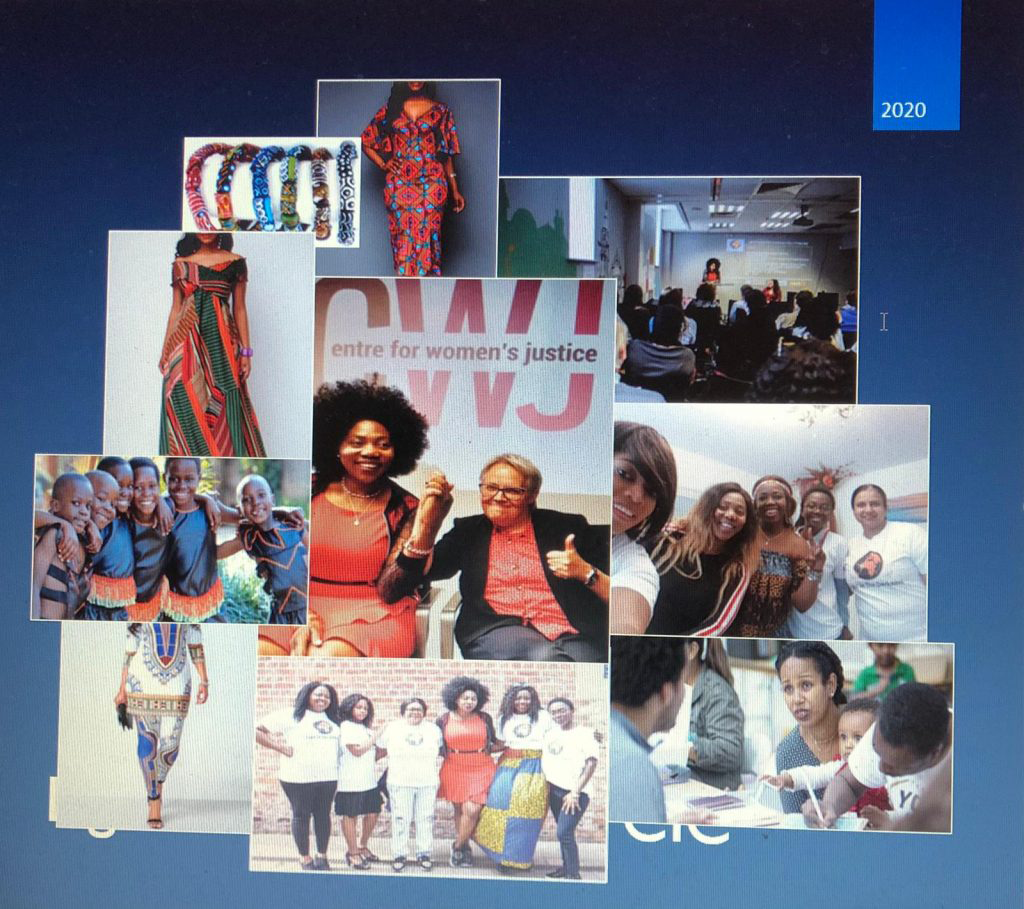LITD CIC delivers safeguarding-led, high-performance programmes that empower young people and women through holistic, trauma-informed support and structured pathways into resilience, wellbeing, and positive adulthood outcomes.
About Us
Light In The Darkness (LITD C.I.C.)
LITD CIC delivers safeguarding-led, high-performance programmes that empower young people and women through holistic, trauma-informed support and structured pathways into resilience, wellbeing, and positive adulthood outcomes.
Working strategically alongside statutory partners and community stakeholders, we design and implement targeted interventions that improve safety, strengthen families, and deliver measurable, long-term community impact.
Based in Greater Manchester, we are also partnered with a psychologist who provides specialised support for both children and adults.

Our Approach
Person-Centred and Strength-Based
We identify and assist individuals and families who are not receiving the vital support they require. Our interventions are completely personalised, ensuring that every service user receives care suited to their unique needs.
Counselling
Professional emotional and psychological support
Coaching
Building confidence, resilience, and self-belief
Practical Assistance
Helping with everyday challenges
Peer Support
Attending appointments and ensuring voices are heard
Advocacy and Mentorship
Ensuring fair treatment and providing guidance
Culturally Appropriate Food Bank
Familiar and suitable food items for diverse communities
Why Our Work Matters
Bridging Gaps Through Strategic Partnership
In an ideal system, individuals would receive timely, preventative support before reaching crisis point. However, many young people and families only access services when challenges have already escalated.
Since 2017, our frontline work has highlighted ongoing inequalities and structural barriers across health, education, social care, and justice systems that can impact vulnerable communities. LITD CIC works collaboratively with statutory partners to bridge these gaps through early intervention, safeguarding-led support, and holistic programmes that promote resilience, stability, and positive life outcomes.
LITD CIC exists to bridge gaps in provision, champion fairness, and uphold dignity for young people and families facing complex challenges.
We deliver safeguarding-led advocacy and holistic support, empowering individuals to navigate systems, access the right help at the right time, and build resilience through collaborative, solution-focused partnerships.
The Reality on the Ground
Many of the individuals we support face complex and deeply affecting challenges that often go unaddressed, impacting their safe transition from childhood into adulthood and their ongoing recovery as adults.
Children unable to attend school due to unresolved safeguarding issues
Parents, young people, and adults experiencing emotional distress and suicidal thoughts as a result of neglect or trauma
Young people and adults affected by hate crimes, exploitation, or community safety risks without adequate intervention
Individuals of all ages trapped in mental health crises within rigid systems
Adults and young people struggling to rebuild their lives and achieve stability after prolonged adversity
Our Support Model
Strength-Based Recovery
The Need
LITD C.I.C. primarily works with vulnerable individuals from Global Majority communities who are experiencing poor mental and physical health due to trauma, systemic oppression, and poverty.
Too often, society defines these individuals by their struggles rather than recognising their strengths. At LITD, we take a strength-based approach to recovery, acknowledging the potential, skills, and resilience of those we support.
Our Purpose
Our project aims to aid recovery by helping individuals reconnect with their skills, rebuild their confidence, and move forward in life.
We recognise that this journey is not easy, as they continue to face barriers such as poverty and financial hardship, systemic oppression and racism, and mental and physical health challenges.
Intended Impact
- Reducing social isolation and fostering belonging
- Restoring a sense of purpose
- Supporting recovery and raising aspirations
- Developing employment skills
- Enhancing soft skills
- Celebrating culture and diversity
- Advocating for fairness
Our Founder
Beatrice Guessie

Founder & Director | Light in the Darkness (LITD CIC)
Director | The True Anchor Housing Ltd
Beatrice Guessie is a safeguarding-focused leader committed to strengthening pathways toward stability and independence for vulnerable individuals. She is the Founder and Director of Light in the Darkness (LITD CIC), a community organisation delivering structured support for young people and displaced adults — including refugees and asylum seekers — through early intervention, mentoring, sport, and community integration.
In parallel, Beatrice leads The True Anchor Housing Ltd, reinforcing her commitment to developing safe and sustainable housing pathways that promote long-term stability and successful independent living.
Her work reflects a strategic vision centred on prevention, partnership, and resilient communities, with the ambition of building trusted services that respond to both immediate needs and long-term life transitions.
Vision
"To become a trusted partner in delivering safe transitions, stable housing pathways, and long-term independence for the communities we serve."
Education & Qualifications
Awards & Achievements
Recognition & Testimonials
What Others Say About Our Work
Our impact has been recognised by leading organisations and community partners across the UK and beyond.
Beatrice Guessie - Showing Leadership
Get Involved
At LITD, we believe that every person deserves dignity, support, and the opportunity to thrive. Through our work, we are committed to making that belief a reality.
